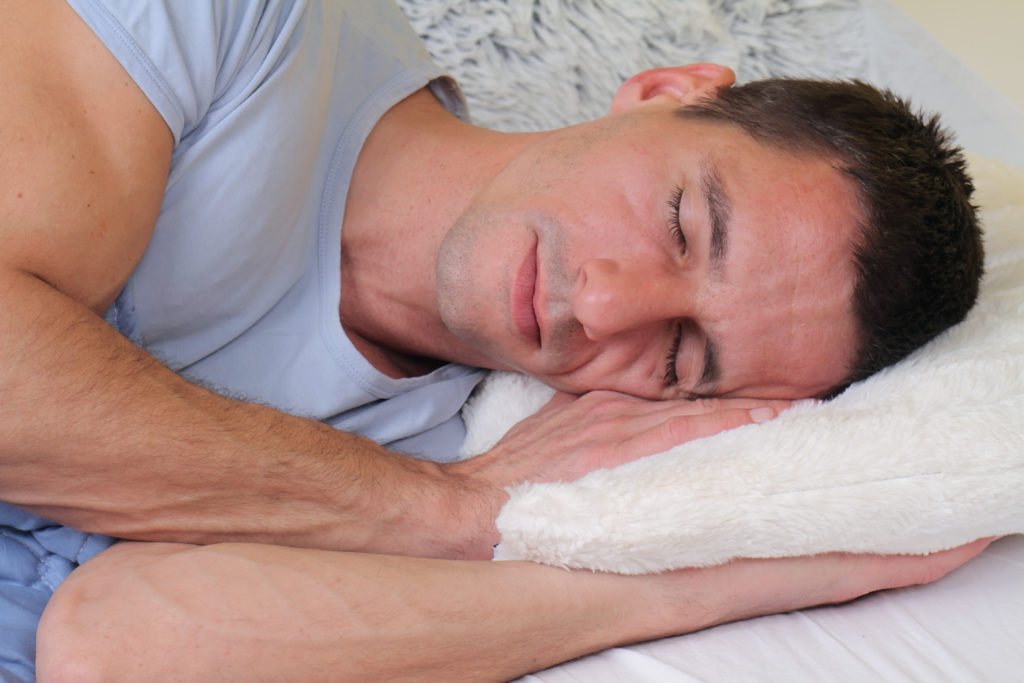
When you’re feeling sluggish, the first thought is often “Looks like I need to go to bed early tonight.” And while more sleep is always a good thing, a study recently published by the University of Sydney challenges the assumption that the amount of hours spent asleep is the sole determiner in how rested you feel.
The total time spent in bed is important, as it can indicate that several complete sleep cycles have taken place, but the study suggests that sleep quality is what ultimately restores the brain. As it turns out, poor sleep quality is linked to worse functioning, regardless of how long you sleep.
In fact, the study found that people who slept six or fewer hours functioned just as well as those who slept six to eight hours – if their sleep was of high quality. Why is quality sleep so important, and how can you ensure that you’re getting it?
What Does Quality Sleep Look Like?
Sleep occurs in five stages, and all five serve unique, important functions in restoring the body. They are also contingent upon each other — you can’t get to the third stage without the occurrence of the two stages before it, and so on.
Rapid eye movement (REM) sleep is the last stage and occurs in cycles of about 90-120 minutes. It’s the stage where dreaming takes place, which may help process emotions and prepare us for life’s challenges. Scientists believe that REM sleep also aids in forming new memories, restoring and balancing brain chemistry, and stimulating the central nervous system.
Those that suffer from sleep apnea repeatedly wake up throughout the night to catch a breath, which means that the progression of the sleep cycle is continually interrupted. And when it comes to REM sleep, it’s thought that sleep apnea patients never reach it or experience it for a very short period of time before waking up with a gasp. When that happens, the patient falls back into a lighter stage of sleep — so the full benefits of REM, dreaming and a quality night’s sleep are never experienced. Chronically interrupted sleep has been linked to a multitude of health issues, including memory problems and even long-term neurological damage.
Tips for Improving Sleep Quality
If you’re concerned about the quality of your sleep, there are a few simple things you can do:
- Eat foods containing tryptophan. Tryptophan is an amino acid essential to creating serotonin, a chemical that acts as a natural mood stabilizer, and melatonin, a hormone that regulates sleep. Turkey, nuts, chicken, fish, and eggs are all high in tryptophan.
- Keep oils, candles, or sachets in your room. Lavender in particular has been shown to reduce a person’s heart rate and blood pressure, relaxing the body and preparing it for sleep.
- Reduce noise where you sleep. Use a white noise machine, fan, air purifier or earplugs to drown out sounds, and make sure to turn off the television before shutting your eyes.
- Block sources of artificial light. These will interfere with sleep. Avoid electronics at least an hour before bed and try to keep them out of the bedroom in general.
If you’ve given a few of these tips a try but are still consistently tired throughout the day, ask yourself if you experience the following:
- Loud, chronic snoring
- Short-term memory or learning issues
- Irritability
- Unexplained weight gain
- Frequent waking throughout the night
- Waking with a gasp or choking sound
- Waking up feeling more tired than before you went to sleep
- Difficulty completing everyday tasks
- A sore throat or dry mouth in the morning
If any of these symptoms seem familiar, you may have sleep apnea, which not only jeopardizes your sleep quality but your long-term health. Dr. Jeff Rodgers is certified in dental sleep medicine and has successfully treated patients with sleep apnea for over a decade. At his practice, Sleep Better, Georgia, Dr. Rodgers can evaluate your symptoms and provide highly effective, non-invasive oral appliances that will help if you are diagnosed with sleep apnea. To schedule an appointment with Sleep Better, Georgia, please contact us today.
